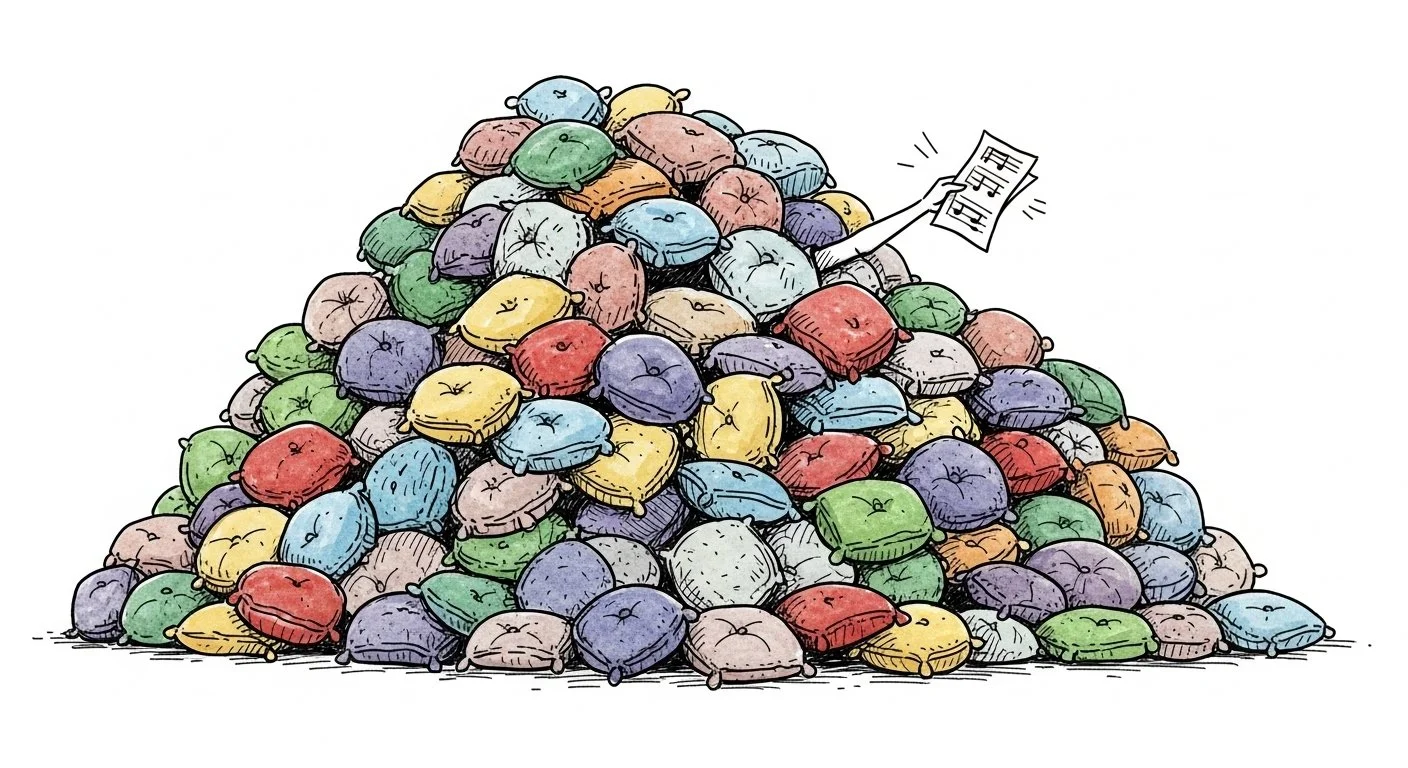Revision is not rejection
There’s always that moment….just before I send off a production file to a client, a songwriter, or another producer, where I hesitate. My finger hovers over the mouse. I double-check the file… then double-check it again. I imagine them opening it on their end and thinking, “This isn’t what I expected.” Or worse: “Why did he do that?”
Even after decades in music, that flicker of anxiety still shows up. Because no matter how experienced you are, there’s always a piece of yourself in the work. And sharing that feels a little like stepping onto a stage without pants.
I remember the first time I was asked to send my music production files to another studio for mixing and embellishment. It felt like a personal judgment. I had this undeniable urge to send them along with a list of justifications, explanations, and apologies for every creative decision I’d made.
It’s not just raw session files, either. Sending out a finished track, a mastered song, or a completed score can feel just as vulnerable, especially with a new client. That awkward stretch of silence between hitting send and receiving a reply can be excruciating. If you’re an over-thinker like me, it’s easy to spiral: within thirty minutes you’ve convinced yourself the track was a massive disappointment, and your career is officially over.
Eventually, the response arrives. And sometimes… there’s pushback.
“Could the brass be softer?”
“I don’t like the guitar tone.”
Some clients are courteous and conscious of your feelings. Some aren’t. And to be fair, they don’t have to be. They’re probably paying for it, and It’s often their song too. They’re entitled to have opinions. But even the smallest objection can, in that moment, feel like an atom bomb.
It’s only when I take a step back….often re-reading the message later with a clearer head…that I realise: it’s not personal. It’s just part of the process.
Over the years, I’ve developed better coping skills. A slightly thicker skin. A healthier perspective. And I’ve come to realise that the client and I usually have something crucial in common: we both want the best result. Even if the feedback lacks empathy or finesse, take it with grace. It often comes from a place of care. And at the end of the day, there’s no accounting for taste (anyone who works in a creative field knows that all too well).
If you’re in the business of creating for others, you learn to walk the line between your own taste and that of your client. And sometimes, that line is hard to negotiate.
When composing for ads, for example, you often have two layers of feedback to contend with: the ad agency, and the end client. That’s when the committee effect can kick in. You’ve probably heard the saying, “A camel is just a horse designed by committee.” Or “Too many cooks spoil the broth.” Sometimes (unfortunately) this applies to music too.
The agency often understands the creative vision. The client (hopefully) knows what message they want to convey. But sometimes those at the table aren’t creatively minded, or don’t trust the process. Internal politics creep in. Power plays. Ego.
I once had a client insist on attending a voiceover session…not to oversee the work, but to be in the ad himself, just so he could tell his friends. I did my best to oblige without compromising the final product, but you can imagine how tricky that got.
Honestly, the soft skills I’ve developed…diplomacy, communication, patience, have turned out to be just as valuable as anything I learned in a DAW.
One thing’s for sure: you’ll never have a perfect strike rate. The world has eclectic tastes. The goal is to get better at understanding your client, closing in on the final master faster, and mentally preparing for a few revisions along the way. That’s just part of the job.
I’ve learned that handing something over doesn’t mean handing over my worth. And that feedback, even when clumsy or unpolished, is rarely an attack. It’s just someone else trying to make the music better too. These days, I try to welcome that process. Not always easily, but more openly.
Because the work isn’t about me. It’s about the music. And that small shift in mindset has made all the difference.

